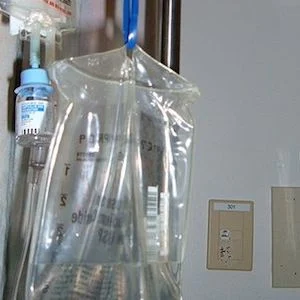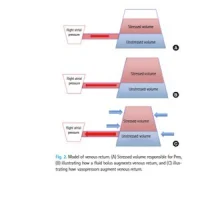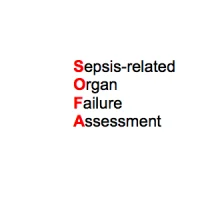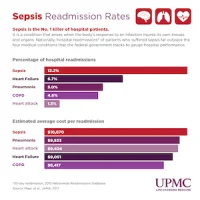The results of the first randomised controlled trial investigating the effects of adjunctive early low-dose hydrocortisone to prevent progression to shock in patients with severe sepsis presenting without shock are published in JAMA today. There were no significant differences between treatment groups with regard to mortality or length of stay in the ICU or hospital, or mortality up to 180 days. Patients treated with hydrocortisone had a significantly higher risk of developing hyperglycaemia and a lower risk of developing delirium in a post hoc analysis.
The Hydrocortisone for Prevention of Septic Shock (HYPRESS) was conducted in 34 intermediate or intensive care units of university and community hospitals in Germany, including 380 adult patients with severe sepsis who were not in septic shock. The trial ran from January 13, 2009, to August 27, 2013, with follow-up of 180 days until February 23, 2014.
Patients were randomly allocated 1:1 either to receive a continuous infusion of 200mg of hydrocortisone for 5 days followed by dose tapering until day 11 (n = 190)or to receive placebo (n = 190).
The primary outcome was development of septic shock within 14 days. The hydrocortisone dose was the same as that used in two earlier RCTs which showed significant effects on septic shock resolution.
Results
Hydrocortisone group: 36/170 (21.2%) developed septic shock
Placebo group: 39/170 (22.9%) developed septic shock
No significant differences were seen for time until septic shock, mortality in the ICU or in the hospital; or mortality at 28 days.
In an accompanying editorial Sachin Yende, MD, MS and B. Taylor Thompson, MD explore the unresolved questions about glucocorticoids for patients without septic shock, and suggest that “it may be time to change direction and consider alternative trial designs to identify glucocorticoid-responsive subtypes and enable greater precision in current intensive care unit practice.”
Source: JAMA
Image credit: Wikimedia Commons
References:
Keh D, Trips E, Marx G, Wirtz SP, Abduljawwad E, Bercker S, Bogatsch H,
Briegel J, Engel C, Gerlach H, Goldmann A, Kuhn SO, Hüter L,
Meier-Hellmann A, Nierhaus A, Kluge S, Lehmke J, Loeffler M, Oppert M,
Resener K, Schädler D, Schuerholz T, Simon P, Weiler N, Weyland A,
Reinhart K, Brunkhorst FM; for the SepNet-Critical Care Trials Group
(2016) Effect of hydrocortisone on development of shock among patients with severe sepsis: the HYPRESS randomized clinical trial. JAMA,
doi:10.1001/jama.2016.14799, Published online October 3, 2016.
Yende S, Thompson BT (2016) Evaluating glucocorticoids for sepsis: time to change course. JAMA, published online October 3, 2016, doi:10.1001/jama.2016.14799.
Yende S, Thompson BT (2016) Evaluating glucocorticoids for sepsis: time to change course. JAMA, published online October 3, 2016, doi:10.1001/jama.2016.14799.
Latest Articles
hydrocortisone, severe sepsis, septic shock, HYPRESS trial, Germany
The results of the first RCT investigating the effects of adjunctive early low-dose hydrocortisone to prevent progression to shock in patients with severe sepsis presenting without shock are published in JAMA today. There were no significant differences b










